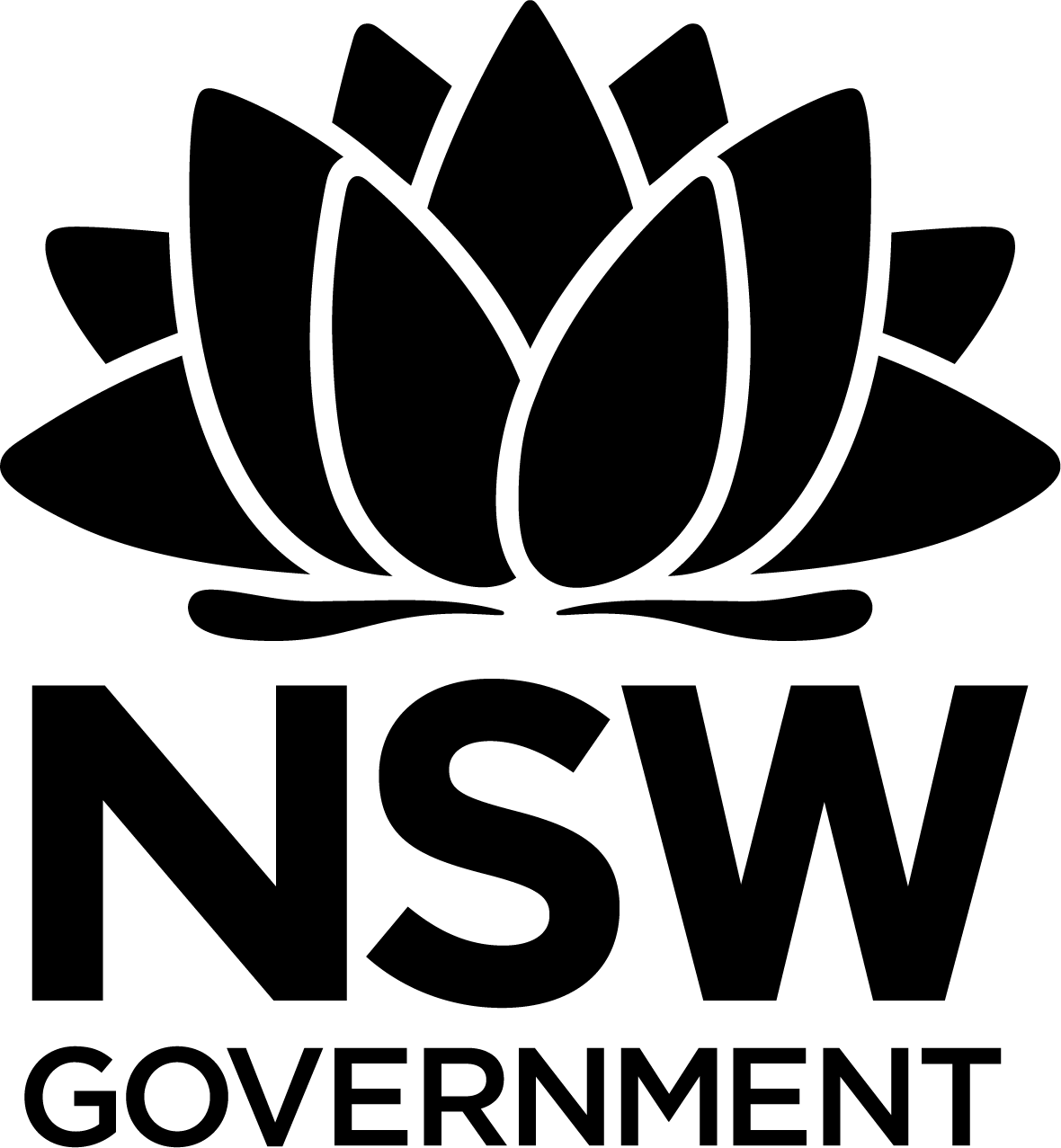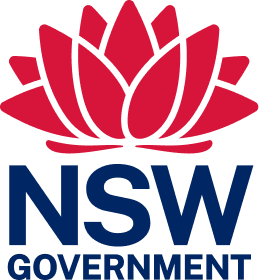
Crown land manager resource
Multipurpose reserve
Many Crown reserves are dedicated or reserved with a single purpose, such as race course, showground, surf club and so on. However, there are also multipurpose reserves that, as the name implies, have more than one purpose.
For Crown land managers (CLMs), the diversity of assets and nature of activities carried out at the reserve adds to the complexity of managing it. While the issues affecting multipurpose reserves will obviously depend on what those purposes are, there are some general considerations that will apply to most multipurpose reserves.
Key considerations:
- Risk management. With diverse activities and a variety of regular and casual visitors, your risk management and health and safety policies and procedures need to be up to scratch.
- Insurance. You need adequate public liability and personal accident cover for visitors, volunteers and other workers. Exclusions apply for certain activities.
- Obtaining funding and other fundraising ideas. At a minimum you’ll need funds to maintain the facilities, and more again for upgrades or developments.
- Financial activities. Your financial management and reporting requirements may be quite complex.
- Managing staff and volunteers. More activities likely means more staff and volunteers to manage.
Broken Hill Regional Events Centre
The Broken Hill Regional Events Centre is an award-winning 77-hectare, multipurpose facility with a racecourse, function venues and primitive camping sites for larger recreational vehicles. It caters for many different activities, including community recreation, tourism events, social events, employment training services, horse racing and training, and educational and sporting activities. About 45,000 to 50,000 people use the reserve each year.
Managed by a community Crown land manager, the board members are volunteers and work tirelessly to provide the facility to the community. Chair of the board is Cheryl Krutli, who shared her insights into managing a multipurpose facility over the last 20 years.
Humble beginnings
“When I was first appointed to the old trust, it was in an extremely difficult financial situation, and barely used", says Cheryl. "There was one race meeting every year and an agricultural field day in alternate years. So there was this massive facility that was hugely underutilised, and the only sources of revenue were from three events every two years.”
Building a function centre
One of the first major undertakings for the new board was building a function centre.
“We realised there was a need for a large open-space building as there was nowhere in Broken Hill you could host a function for more than 300-400 people”, Cheryl explained. "We could see there was an opportunity to attract conferences and major events to Broken Hill if there was a place to accommodate them.”
With the help of some loans and generous donations of labour, materials and money, the centre now has a pavilion that can cater for up to 1000 people. It’s regularly hired out for parties, weddings, and balls as well as concerts, conferences and other events.
A new source of income
In 2008, the centre had an unexpected boon when the Caravan and Motorhome Club of Australia (CMCA) enquired about holding their national rally in Broken Hill. About 1,100 people came, with about 600 motorhomes and caravans.
“After that, people who’d been part of that conference, or who were members of the CMCA, began asking if we have campers there as a general rule”, says Cheryl. “So we then applied to get a permit for a primitive campsite from the Crown Lands office.”
What Cheryl didn’t realise was that they also needed a permit from the council.
“We were getting a couple of vehicles each week when city council got in touch and said we needed a permit from them – which we promptly applied for.”
There are now 35 campsites, about half of them powered, grey water dump points and an amenities block specifically for the campers, which was built by volunteers and opened last year. Before that campers had to have their own shower in their vans or use the jockeys’ showers.
What started out as an enquiry from people travelling through the region has now turned into a major source of revenue. In the 2018–2019 financial year, over 2,000 vehicles stayed at the campsite, with almost 7,000 guests enjoying the stunning views of the surrounding countryside and amazing sunsets.
Obtaining funding for improvements
About 14 years ago, the centre had a grant from a federal environment fund, which it used for sub-surface irrigation on the lawn, and water-saving devices, like push-down taps and half-flush toilet cisterns.
Because the irrigation was sub-surface, the centre could use disinfected effluent, which can’t be used above ground when there are people around. The cost was about half that of potable water. The use of treated effluent also meant the centre wasn't losing water through evaporation and run-off.
“So we were not only fortunate to get the grant money, but by using less and cheaper water, we have saved a huge amount on our water bills”, says Cheryl.
Building relationships
Building relationships with other community groups means they can all help each other out.
“We try and provide as much as we can for groups like us, to support their own activities, knowing that if we have something major on the drawing board and we need help, we can call on them as their volunteers and committee members will reciprocate the favour”, explains Cheryl.
Work for the Dole
The centre has hosted a number of Work for the Dole projects, where the program not only provided workers, but also helped fund the material.
“And I think it’s been good for them”, comments Cheryl. “The participants, some who’ve been on benefits for a very long time, learn some new skills. On one of our projects, about two or three years ago, we had 11 participants. Afterwards, six of them got part or full-time work with the contractors – like the concreter or the supervisor putting up the shed.”
The reserve is also a host agency for NSW Probation and Parole, where offenders sentenced through the local courts undertake community service work. It provides the caretakers with help for general day-to-day work on the reserve.
Cheryl’s top tips for managing a multipurpose reserve
- It is really important to have like-minded, supportive people on the board who have the best interests of the reserve at heart
- Have a mix of people on the board with a solid business background and diversity of skills (for example, trade skills), who are able to commit to attending regular meetings and have the time to commit to projects.
- Build strong relationships within the community.
- Make sure you’re on top of all the relevant licences and permits you need for different activities on the reserve.
- As long as there’s a very sound business case, don’t be afraid to take on big projects.
This Crown land manager web resource was printed on 24 Apr 2024. The information contained in this web resource is based on knowledge and understanding at the time of writing Apr 2024. However, because of advances in knowledge, users are reminded of the need to ensure that the information upon which they rely is up to date and to check the currency of the information by referring to the website (www.reservemanager.nsw.gov.au).
© State of New South Wales through Department of Planning, Industry & Environment 2024.
Page link: https://reservemanager.crownland.nsw.gov.au/i-manage-a/state-park

